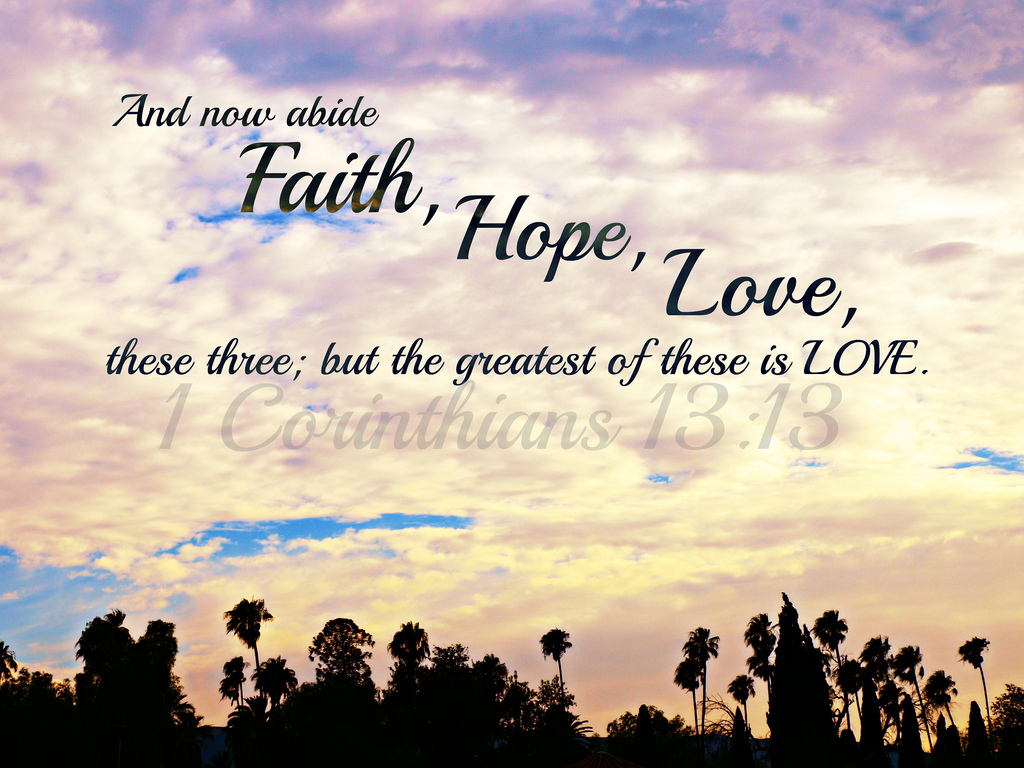
Overview of Psalm 19—The “Light” of the World
This psalm contains three sections that shows a wonderful and logical progression from the greater (Elohim) to the lesser (man), from the macro downward to the micro. At first appearance, these three sections may seem unrelated, by they each section flows logically to the next revealing some deep mysterious truths about YHVH Elohim’s plan of redemption for humans.
Section one (vv. 1–6) describes the creation of Elohim, which points to the glory of Elohim, the Creator. It concludes by describing the sun, which is the physical light of the world and is like a bridegroom in his full glory emerging from his private chambers about to marry his bride. The physical universe is governed by physical laws, which keep it functioning in an orderly manner.
Section two (vv. 7–11) describes the glorious attributes of the Torah, which reveals the character of Elohim, and it shows man what his response should be to the Almighty Creator upon viewing the glories of the creation. Man is to worship the Creator, not the creation. When followed, the Torah helps to keep man’s life structured in a way that brings order, blessing and causes life to function smoothly. Moreover, as the sun’s light pierces the physical darkness of the world, the light of the Torah brings the spiritual light of Elohim into the world along with many benefits for a blessed life.
Section three (vv. 12–14) explains what happens when the light of Torah shines into the darkness of a one’s life—it exposes the hidden dark areas of sin in one’s life. It shows man how to walk blamelessly before and in a right relationship with Elohim. This psalm then ends by stating that YHVH is man’s strength and redeemer. This is another way of saying that man is morally and spiritually weak and needs redemption from the consequences and the power of sin. Thankfully, YHVH has the answer to this problem: he is man’s strength and Redeemer. Yeshua the Messiah is man’s Redeemer and as the sun is the physical light of the world, Messiah is the spiritual light of the world (John 1:6–9; 8:12) Scripture even calls Yeshua the Sun of Righteousness (Mal 4:2), and, in his glorified state, his face shines like the sun in its full strength (Rev 1:16). When a person follows the Torah through a relationship with Yeshua the Redeemer, one will eventually be raised to glory and shine like the stars in heaven (Dan 12:3; Matt 12:43), for they will be like Yeshua (1 John 3:2). HalleluYah!






